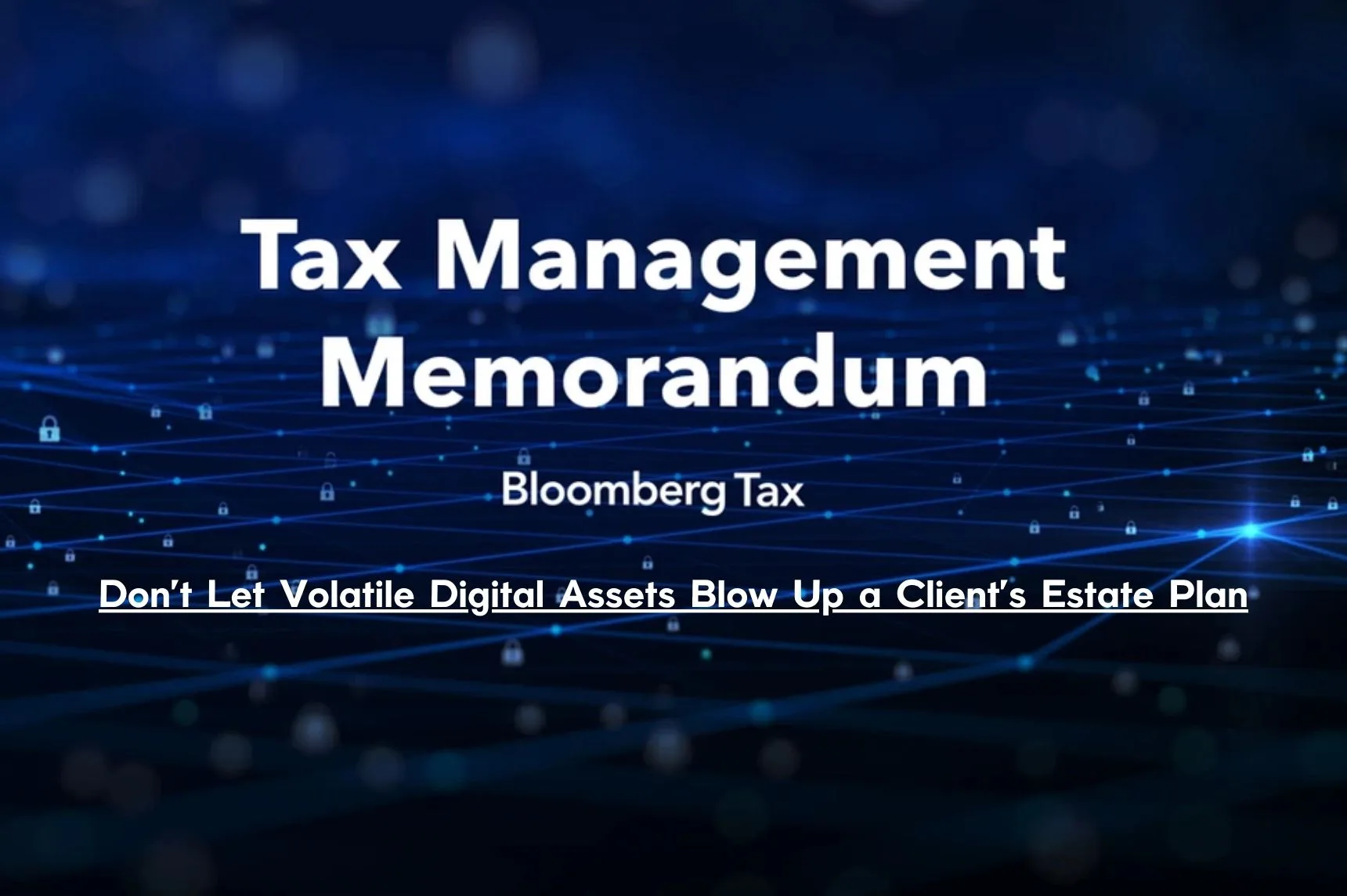Finding the right Private Wealth Manager or Multi Family Office can be a daunting task. At Bespoke, we help our clients understand all the nuances of wealth management and how to plan for a legacy that endures.
A Partnership Built on Trust
The value of a Private Wealth Manager is not just the returns they can provide through investment strategies, but it is the relationship and planning process which secures your confidence, the confidence that your time, energy, wealth, and values will persist into the future. The relationship that you build with your Private Wealth Manager should have a foundation of respect, trust and alignment, which can only be garnered through a deep understanding of the things in life that are most important to you and ensuring that your vision is protected within and beyond your lifetime.
Large institutions often promote services like specialized advisors who can provide unique and focused planning support and access to exclusive investment opportunities. The reality is that many of these services fall short of expectations. Attempting to meet the needs of thousands of clients often comes at the cost of personalized wealth planning support. At Bespoke, we are able to prioritize a client-first approach, where we can truly understand the needs of each client and work together to create the most optimal wealth management strategy.
Taking a Generational Perspective
Strategic investing is often front and center of the conversation for many PWMs, but at Bespoke, we help our clients understand that, while strategic investing is an essential part of a family office’s role, it’s probably the 4th most important part. Generational wealth requires a generational perspective, and Bespoke is an expert at mapping out your wealth management strategy by going beyond strategic investing. In his article Navigating the Maze, Matt McClintock describes why it’s important to fully understand all of the intricacies of this process.
At Bespoke we work with our clients to focus on four key areas, including 1) HOW you own your assets, 2) WHERE you own your assets, 3) WHY inheritance planning is so important, and 4) WHAT you own.
The Core Questions behind Proper Wealth Planning
1) HOW you own your assets is crucial to the overall success of your wealth management strategy and protecting your legacy. All the portfolio performance in the world is useless if you haven’t planned to mitigate litigation risk, regulatory risk, tax erosion, or failed inheritances (assuming there are people you care about). Growing your wealth strategically is an additional layer that is only possible once your wealth is firmly protected. How have you ensured that your existing wealth persists into the future? The best way to do this is by understanding all the risks associated with wealth preservation.
Your wealth management partner should be acutely aware of all these factors, and if you’re having these conversations with your partner, then you’re on the right track.
2) WHERE you own your assets is the second most important consideration. Opportunistically leveraging the laws of favorable jurisdictions is an area that even most law firms overlook. Bespoke works diligently with our clients to fully understand their investment needs and desired outcomes and to identify jurisdictions that best serve these goals. In conversations on the Stephan Livera Podcast (9:40 & 14:05), as well as The Last Trade (39:55), Matt McClintock explores the concept of favorable jurisdictions and how to use them as an advantage. These same themes are outlined in his article Choosing Favorable Trust Jurisdictions for Maximum Benefit.
3) The “WHY” – What’s it all about, anyway? (This may actually be #1). What does wealth mean to you? What do you want your legacy to be after you’re gone? How do you want to impact/inspire/motivate the people you leave behind? Is there anything about you other than your balance sheet? (Of course there is.) How do you reflect that through your investments and your broader planning.
The time, energy and value that you provide to the world today has the potential to persist and positively impact future generations. This is only possible with intentional planning, and Bespoke helps encourage deep consideration and thought to the long-term impact of your wealth on family, friends, and community.
4) WHAT you own (your investments) should be a manifestation of your WHY and must be established in context of #1 and #2. It’s about smart investments in public or private markets, domestic and/or international, that deliver alpha, are consistent with your worldview, don’t put essential capital at risk, provide adequate liquidity if markets turn on you, and are fee efficient for you.
These four questions provide the foundation for a robust wealth management framework, which is why we emphasize this approach. Working through and finding the solutions to these questions will help you build confidence in your strategy and ensure your wealth is properly secured for your life and future generations.
If you’re interested in learning more about Bespoke’s approach to private wealth management and how we can help you build a secure financial future, we invite you to reach out to us directly. We’d be happy to set up a confidential consultation at your convenience.
Thank you for considering Bespoke as your partner in wealth management. We look forward to the opportunity to work with you.
The following information is intended for general educational purposes only and should not be construed as legal or investment advice.




